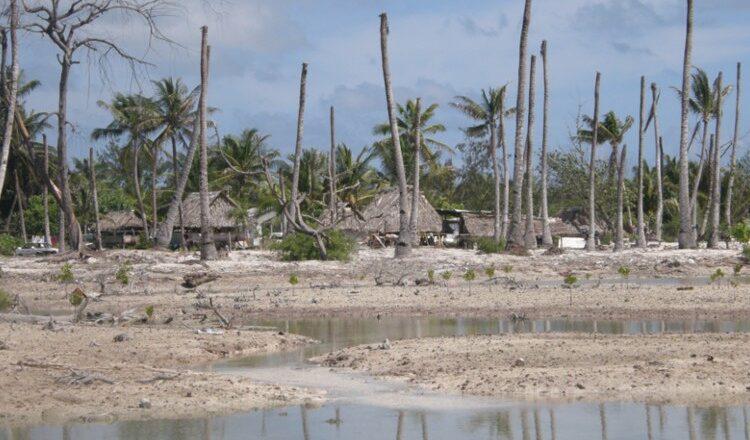
Storm Tide Threat Grows Tenfold in Bangladesh as Climate Risks Mount
Bangladesh may face a dramatically different future due to climate change as destructive storm tides a combination of high tides and storm surges are projected to become 10 times more frequent warns a new study published in One Earth.
What was once considered a once-in-a-century event could soon strike every decade posing grave risks to Bangladesh’s low-lying, densely populated coast home to nearly eight million people.
The study led by researchers including Sai Ravela of the Massachusetts Institute of Technology (MIT) found that under high-emissions scenarios the intensification of storms and rising sea levels could significantly increase the frequency and impact of coastal flooding even if the number of cyclones does not rise dramatically.
Historically the Bay of Bengal has witn...









